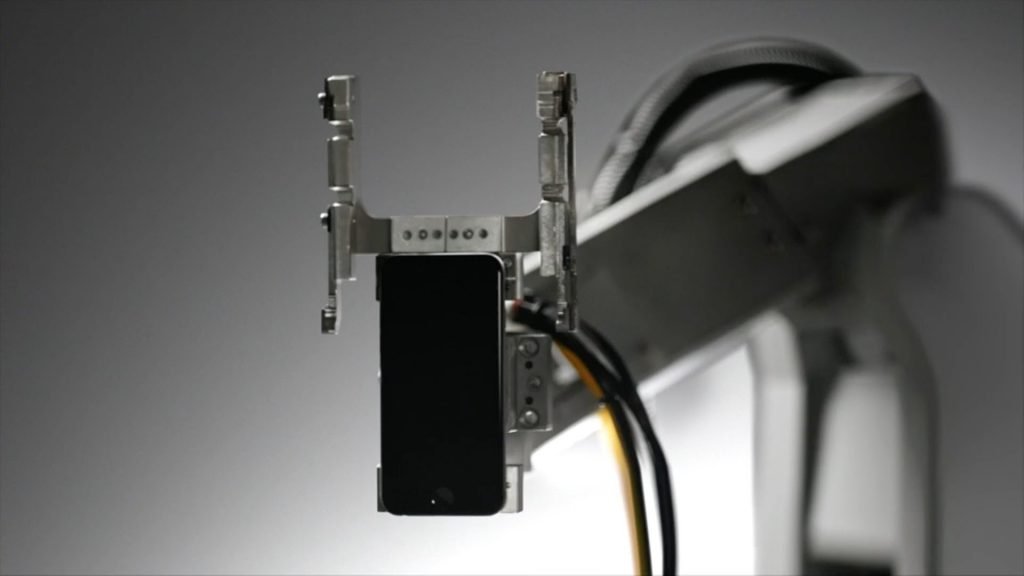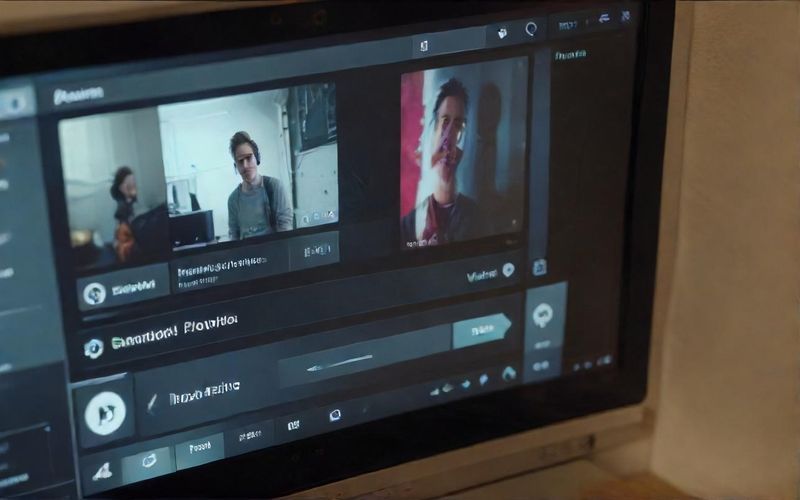Apple iOS 18.4.1 Bricking iPhones: Downgrade Blocked

Apple's iOS 18.4.1 update, released a little over a week ago and touted for addressing a wireless CarPlay issue and several security vulnerabilities, including one actively exploited, is facing user backlash. While Apple has not officially acknowledged the reports, numerous iPhone users are claiming the update is "bricking" their devices, rendering them unusable.
Reports on Reddit and other online forums detail iPhones, particularly newer iPhone 15 Pro and iPhone 16 models, becoming unresponsive after installing iOS 18.4.1. Some users report losing their IMEI number – the phone's unique identifier – preventing the device from booting up. Affected users have allegedly encountered difficulties even at Apple service centers, with some being told a costly mainboard replacement is necessary. One user reported their iPhone 15 Pro losing cellular service after the update, with diagnostics indicating a hardware problem.
The issue is reminiscent of a similar incident last September, where iPadOS 18 reportedly bricked some M4 iPad Pros, prompting Apple to halt further updates. While the exact cause of the iOS 18.4.1 problem remains unclear, speculation points to a potential modem issue. The loss of IMEI numbers suggests a problem with the device's modem firmware, potentially due to a pre-existing hardware defect exacerbated by the update.
Adding to the concerns, Apple has stopped signing iOS 18.4, preventing users who updated to 18.4.1 from downgrading to the previous version. This decision, though standard practice after a new update release, leaves those experiencing issues with limited recourse. The update's security fixes, while important, are overshadowed by the reported widespread device failures.
Security expert Anthony Spadafora notes that while the update patches two zero-day exploits, these typically target high-profile individuals, suggesting the risk to average users might be relatively low. He advises holding off on updating until further information is available and a confirmed fix is released. Apple has yet to publicly comment on the reported problems, leaving many users in limbo and questioning the safety of future iOS updates. The situation underscores the risks associated with major software updates and highlights the need for thorough testing before widespread rollout.









